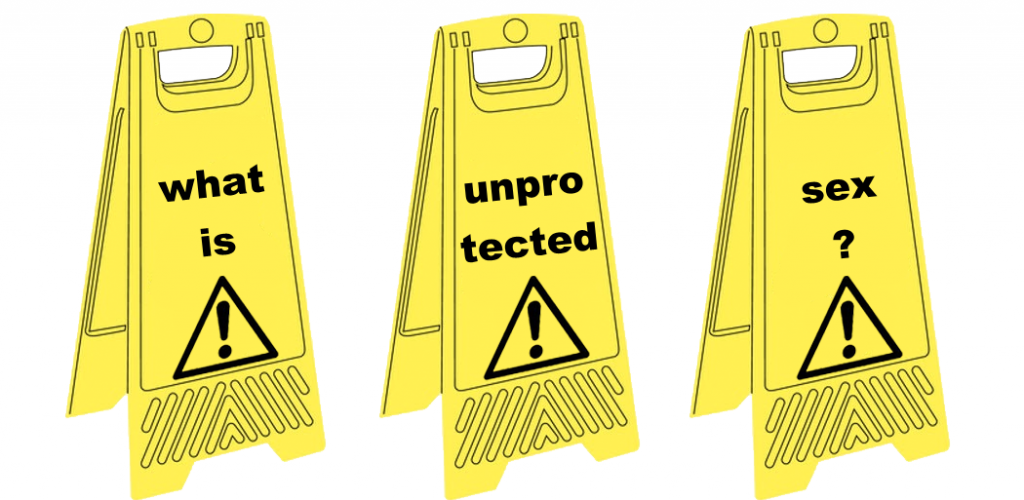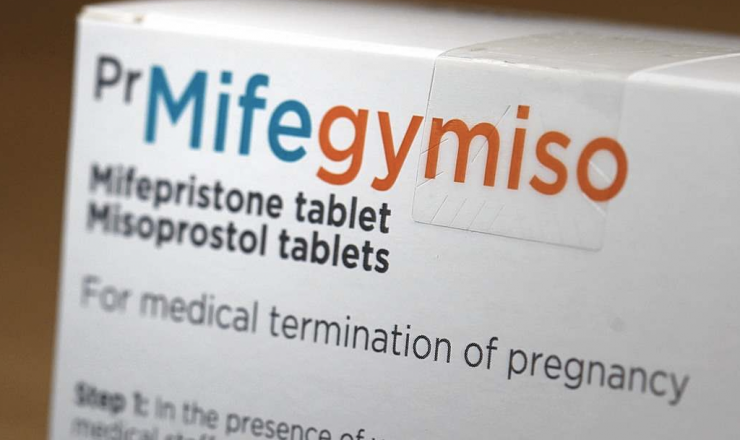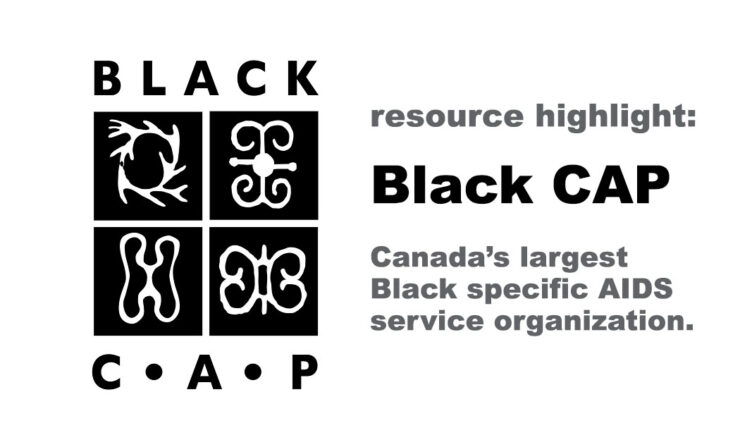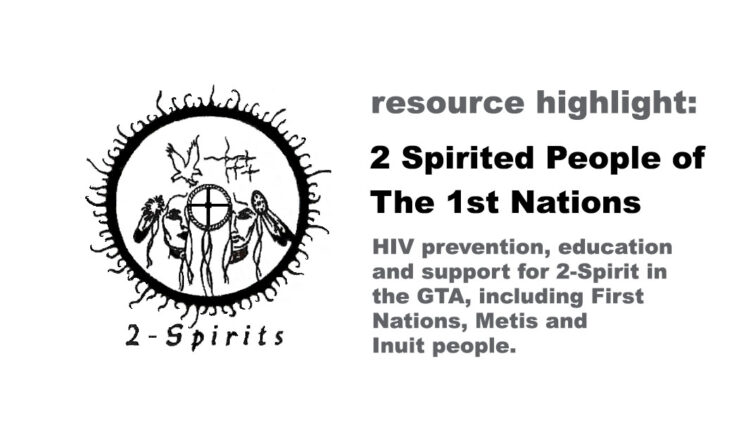

A lot of the time “unprotected sex” usually means when people don’t use condoms and/or any store-bought birth control methods. That’s typically how people learn to use the term in school or from the media. But it really depends on what kind of things you’re trying to protect yourself from.
With the above question, for example, by being on the pill they are totally taking steps to protect themselves from pregnancy. The pill is 99% effective at preventing pregnancy when taken as prescribed (i.e., same time every day), and is commonly used when people prefer to not use condoms. So as long as they’ve been taking the pill in the recommended way (which it sounds like they are), the sex they had could count as being considered “protected sex.” Being protected when it comes to reducing pregnancy risk includes using birth control methods (hormonal or non-hormonal), taking emergency contraceptives after sex, and engaging in lower-risk activities (oral sex or masturbation).
If the above question is talking about being unprotected from STIs, then yeah, they can consider the sex they had to be unprotected. Condoms are the only method of birth control that also doubles as STI protection, but people can do lots of other things to lower their risk of contracting an STI including using dental dams, gloves, getting tested regularly, talking to partners about testing history, and engaging in lower-risk activities.
There’s a couple more things to remember about this:
One) Things happen. Whether you decide in the moment that you didn’t want to use condoms, didn’t have them, or maybe even that a condom broke, this doesn’t meant that you screwed up. Practicing safer sex is all about reducing risk. Just because you didn’t use every single method available doesn’t invalidate the steps that you did take to protect yourself. If you’re finding it hard to be generous with yourself in these kinds of situations, please check out our previous blog post: Being Sex Positive During Pregnancy/STI Scares
Two) Nobody is doing sex “wrong” if they agree and decide to not use any birth control methods. Using condoms and the pill together is a pretty effective way of preventing pregnancy, and both methods work pretty well on their own too. You’re not screwing up at all by only going with one or none! Again, how you choose to practice safer sex depends on what it is that you’re working to reduce the risk of. The important things to consider in these situations is if you are making active decisions together (rather than letting stuff just happen, or being coerced by somebody), and if you’re ready to handle any potential outcomes.
Things like pregnancy or STI scares are all part of accepting the risks that come with having sex. They’re not a sign that you did anything right or wrong. It’s may a stressful situation, but it’s a common part of the experience that nearly everybody goes through at least once.
If you have questions about this topic, feel free to contact one of our peer educators. [Link]
Last Updated: April 2020

Did you know that the abortion pill is now available in Ontario? It is! And as it becomes more available and accessible to people across the country, there are naturally lots of questions about it. This post covers some of our most frequently asked questions about the abortion pill.

The Black Coalition for AIDS Prevention (Black CAP) is Canada’s largest Black specific AIDS service organization. Check out our post to learn more!

2 Spirited People of The 1st Nations provide prevention education and support for 2-Spirit, including First Nations, Metis and Inuit people living with or at risk for HIV and related co-infections in the Greater Toronto Area. Click to learn more about services and how to get in touch!